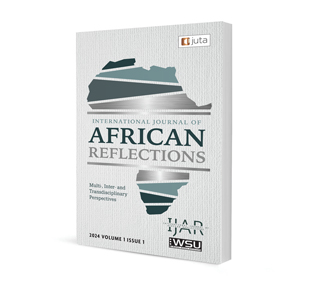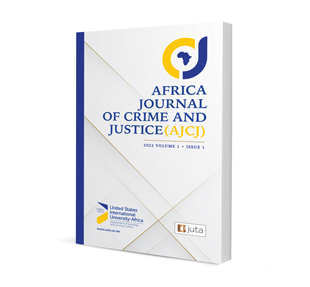
‘I am not a criminal!’: social semiotics and ideology in cartoons related to the #EndSARS movement

‘I am not a criminal!’: social semiotics and ideology in cartoons related to the #EndSARS movement
Author: Samuel Akindeji Akinmusuyi
ISSN: 3078-2821
Affiliations: Babcock University (Department of Languages and Literary Studies: School of Education and Humanities), Nigeria
Source: International Journal of African Reflections 2024, p. 1 – 23
https://doi.org/10.47348/IJAR/2024/a1
Abstract
The #EndSARS social movement in Nigeria garnered considerable attention in 2020 as activists employed diverse means of communication to increase awareness of police brutality and advocate justice. This research aimed to examine the verbal and non-verbal communication strategies employed in cartoons associated with the #EndSARS social movement. Drawing upon the theoretical framework of Kress and Van Leeuwen’s (2006) Social Semiotics, this study sought to unveil the underlying ideologies and socio-political messages conveyed through the strategic use of semiotic resources in the cartoons. The research undertook a qualitative analysis of 12 cartoons purposively selected and published on various social media outlets between October and December 2020. The study reveals that non-verbal resources such as symbolism and iconic representations played a vital role in representing the power dynamics, social inequalities and oppressive structures prevalent in Nigerian society. The analysis also reveals that textual elements in the cartoons, including captions, inscriptions, speech bubbles and headlines, were strategically employed to reinforce the ideologies and socio-political messages conveyed in the cartoons, complementing the visual messages. The ideologies and sociopolitical messages evident in the analysis include power dynamics, resistance to oppression, police brutality, youth empowerment, social inequalities, accountability and justice, and profiling and victimisation. The study concludes that the strategic use of visual metaphors, iconic representations, facial expressions, body language, colour and verbal resources allows cartoonists to communicate the urgency for justice, challenge authority, call for social change and mobilise support for the #EndSARS social movement.
